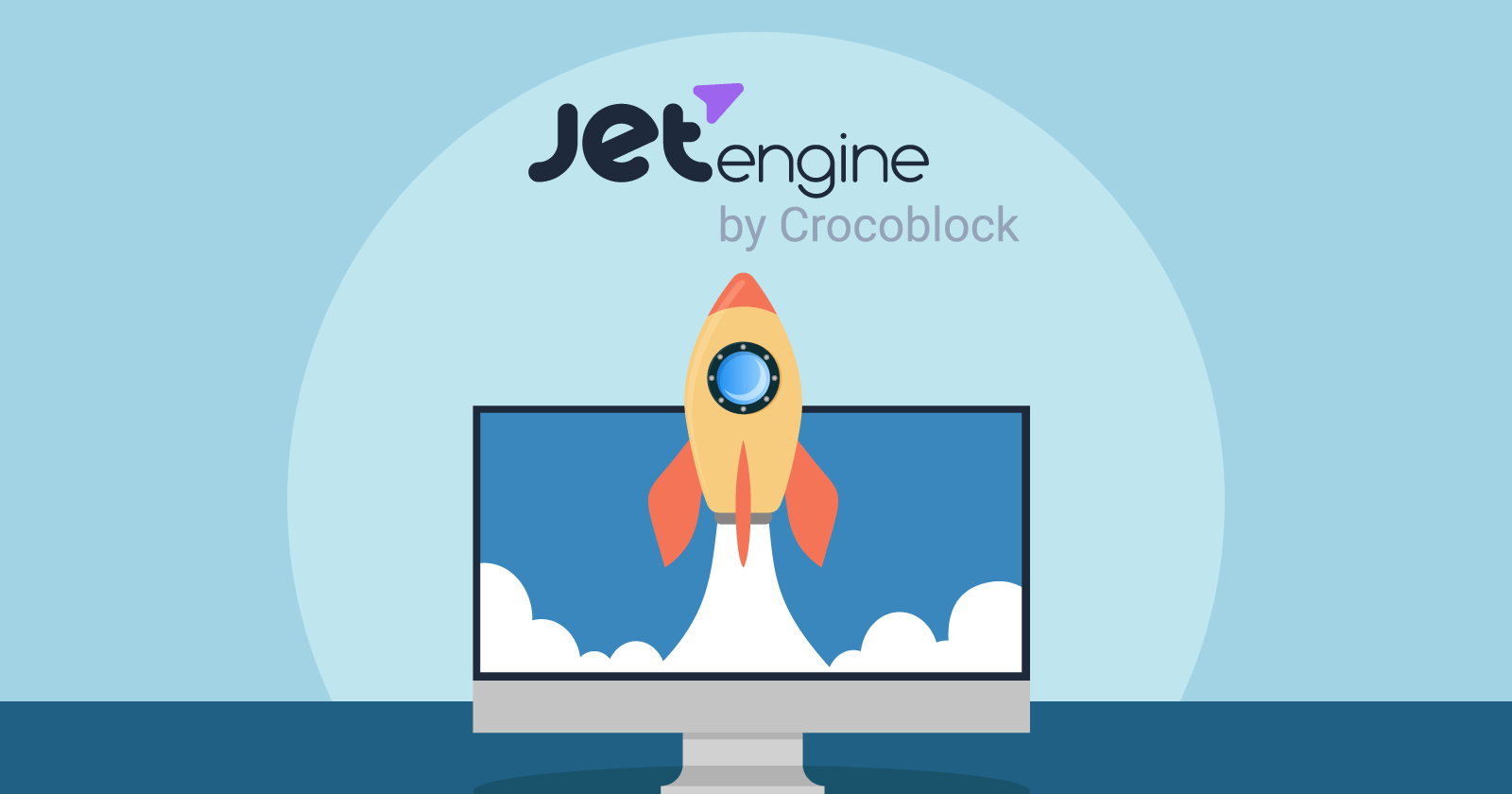

If you are familiar with WordPress, you likely understand its versatility in building websites, blogs, online stores, and web applications. WordPress is widely recognized as the most popular system for website creation globally, thanks to its ability to enhance features through the integration of plugins.
There is a wide range of paid and free plugins available for WordPress, offering endless possibilities for enhancing your website with resources through plugins and themes.
The article discusses the JetEngine plugin by Crocoblock, which works with both WordPress editors, Gutenberg and Elementor, enhancing WordPress with new features.
Track the article to explore all the features that JetEngine offers for your website, blog, or online store. Ready to get started?
What does the JetEngine plugin do?
JetEngine is a plugin designed to insert dynamic elements and content of various types into any WordPress application. It is a component of the JetPlugins ecosystem by Crocoblock.
You can use it to make personalized publications, content types, taxonomies, metadata fields, and more.

chsyys/Pexels
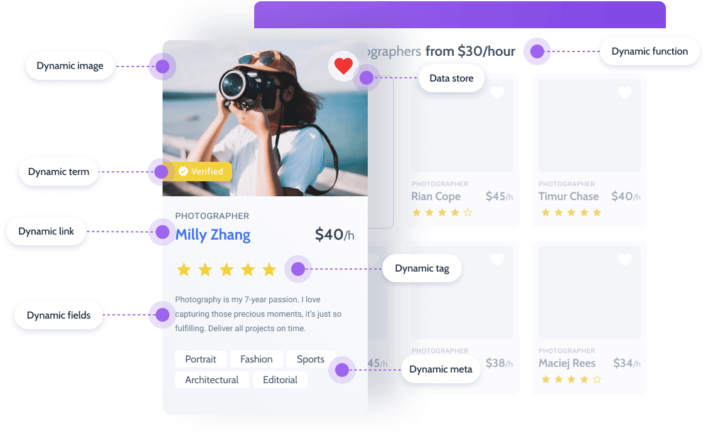
The JetEngine plugin is perfect for individuals looking to arrange and showcase a wide range of information, from simple to more complex. For instance, a website selling cars could input organized and searchable details about each car model listed on the site, including information like model, production year, and fuel type, among other customizable options.
The plugin also enables the generation and merging of dynamic data that adapts to the user’s requirements and engagement.
JetEngine plugin characteristics
Let’s delve into each of the features of the JetEngine plugin to understand them better.
Types of personalized publications (Custom Post Types)
Custom Post Types operate in a manner similar to the standard WordPress blog system, but with the added flexibility of customization options. This allows for content to be categorized into specific taxonomies and potentially excluded from search results. Additionally, users can create a dedicated page to showcase these custom posts, along with other features.
Real examples of Custom Post Types include car websites, seasonal rentals, services, books, gastronomy, and much more, showcasing the versatility of this tool.

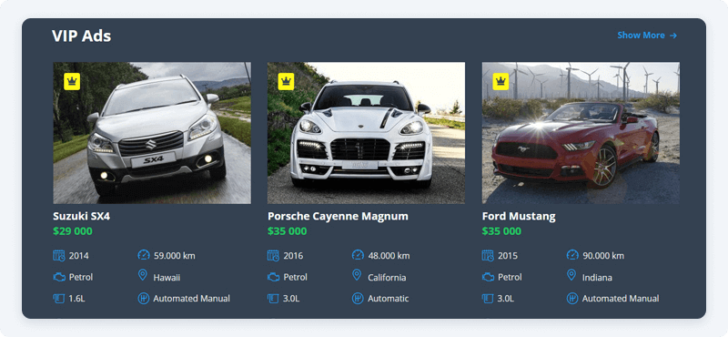
The default method to activate Custom Post Types (CPTs) involves modifying the theme’s source code. However, utilizing JetEngine provides the benefit of accessing all custom post type features directly through the WordPress admin panel. This eliminates the need to work with code and also offers simple integration of custom fields with CPTs.
Custom Content Types (Custom Content Types)
Custom content types, like CPTs, function similarly, but they are stored differently in the database, creating a unique table that enhances WordPress queries.

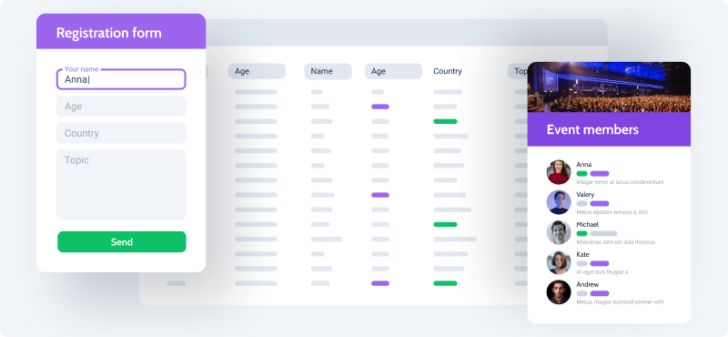
CCTs are recommended for managing extensive data, such as product catalogs, or for storing data submitted through website forms. This information can be easily processed and exported through the WordPress control panel at a reasonable cost.
Taxonomies that are customized
Taxonomy is the process of organizing data. In WordPress, categories are the standard way to classify posts. JetEngine enables the generation of new taxonomies that can be linked to any custom post type on the website.
On a car website, we could create a custom post type called “Cars” and a taxonomy called “Mounters” with terms like “Chevrolet”, “Ford”, and “Fiat”. Taxonomies can have unique URLs for easy navigation.
When we visit the www.cars-example URL, we can view all the car manufacturers listed on the website. Additionally, by accessing the www.cars-example address, we can specifically see the Chevrolet cars if this option is activated in the control panel.
Custom Fields (Custom Fields)
The Custom Fields feature in JetEngine enables you to incorporate custom fields into various types of content on a website, offering diverse applications such as adding a car model selection area, options for choosing vehicle color and year, among others.
A total of 18 different custom field options are accessible to users through the JetEngine plugin, including unique choices like media gallery, icon selection, and color selection alongside traditional form fields like text and date selectors.

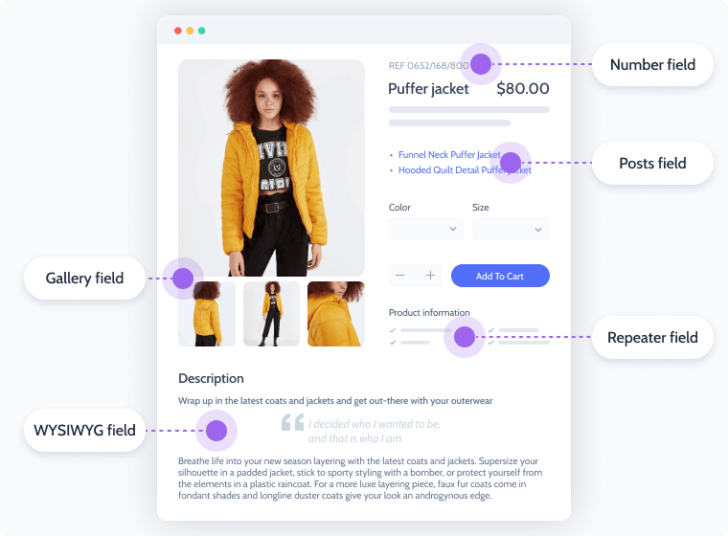
Custom fields in JetEngine are fully integrated with its other features, allowing users to link them to specific content types. This functionality enhances their utility on e-commerce platforms and can also cater to various user requirements.
Custom Boxes Goal
Meta Box is a special box that can be linked to a post, page, or any other form of content. JetEngine enables the creation of personalized Meta Boxes, which can be used to include extra details in an author’s profile, for instance.

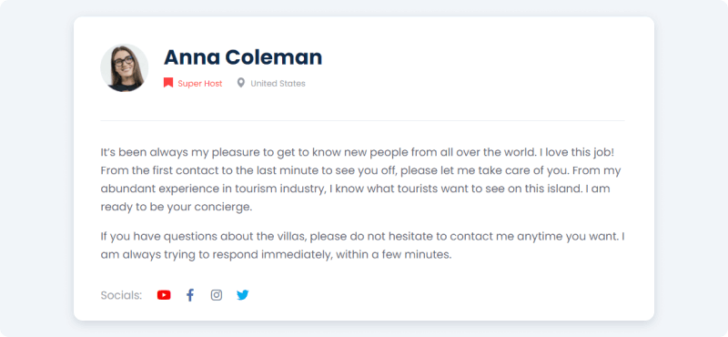
The configuration of a meta box is established in the WordPress admin panel. Users can link a new meta box to a specific post type and specify details like visibility, editing permissions, URL associations, and more.
Returns exclusively the paraphrased text.
The Options Pages feature enables you to generate sets of information and exhibit them in various locations on the website. For instance, if you need to frequently display a notification about a specific product on the site, you can do so using the Options Pages feature.
Another popular way to use Options Pages is for contact details. After entering the contact information into the panel, it can be shown in the header or footer and linked to specific pages.

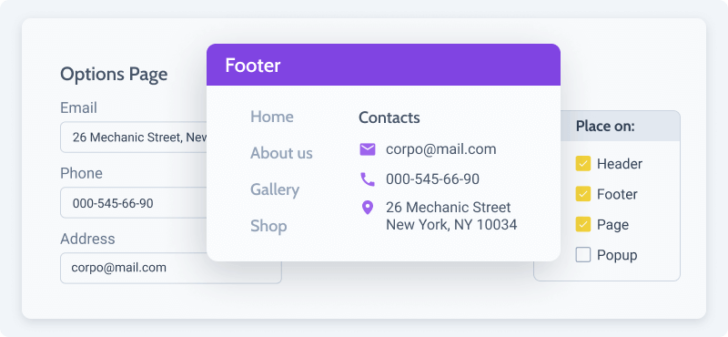
Using Options Pages allows for easy content updates by making changes in one central location, which will automatically reflect across all designated areas.
Dynamic functions can be modified and updated.
The JetEngine plugin can handle dynamic data and perform various mathematical operations such as addition, averaging, totaling, finding maximum or minimum values, and more. Simply select the function and specify the data source through the WordPress admin panel.
A website can display job listings and use dynamic features to show the current number of available positions, ensuring that the information stays up-to-date without manual intervention.

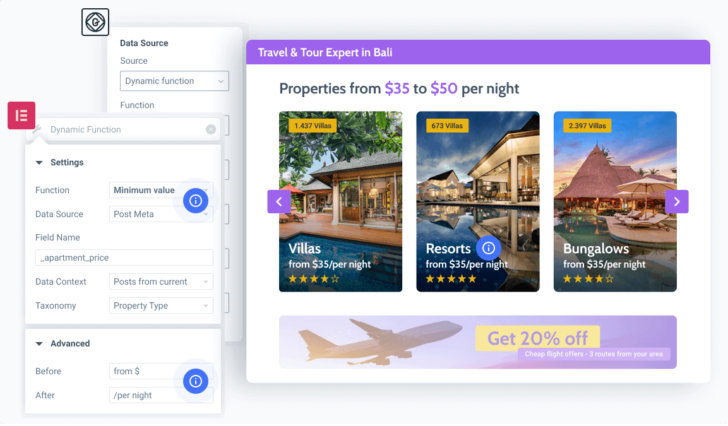
Logical conditionals function enables the display of specific information based on rules like “equal”, “not equal”, or “belongs to the list”.
All JetEngine-related content can be incorporated into the website using shortcodes, which are snippets of code that serve various functions within the WordPress platform. This feature enables dynamic content linked to the JetEngine plugin to be showcased across the site.
JetEngine discrepancies compared to other similar plugins
Comparing JetEngine to other plugins is challenging because the unique features it offers are not typically found in one single plugin. Therefore, the comparison is often limited to specific shared features.
Plugins similar to JetEngine include Advanced Custom Fields (ACF), Toolset, and MetaBox. ACF and MetaBox offer both free and paid versions, while Toolset only has a paid version. These plugins allow for the development of custom content types (CCT). While Toolset and MetaBox support the creation of custom post types (CPT), ACF does not.
JetEngine is the sole plugin mentioned that permits dynamic functions, offers an icon gallery, and enables you to organize various content types into custom post collections. Additionally, it is the only plugin that supports displaying posts, including custom ones, in carousel format, grouping site events, and inserting distinct content within a post list.
JetEngine enables you to generate visuals using personalized publications and content (Charts Builder).
Some plugins may have additional functions beyond the unique features. For a detailed comparison of JetEngine with these plugins, visit the Crocoblock website.
How much is the JetEngine plugin for WordPress?
JetEngine, like other Crocoblock plugins, can be purchased separately or as part of a package with the company’s other plugins.
The JetEngine subscription costs $26 annually and provides access to 17 widgets, version updates, and chat or Zoom support.
The Crocoblock subscription is priced at $130 annually and comes with JetEngine, along with 20 premium plugins and over 150 widgets. Updates are available during the subscription period, and support can be accessed through chat or Zoom. For more information on the plugin set in the subscription, refer to our Crocoblock review.

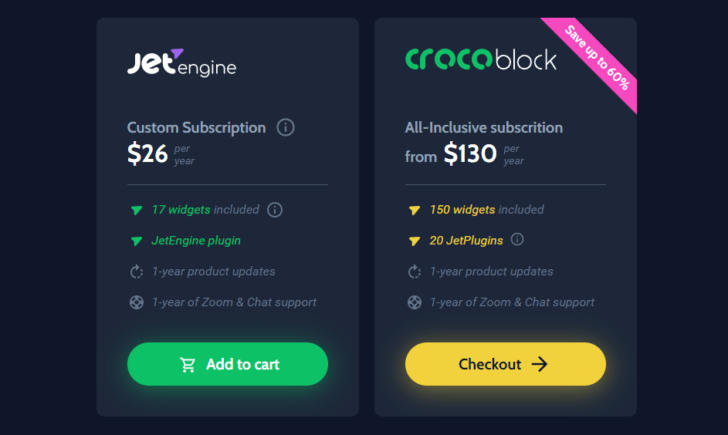
Is JetEngine a good investment?
The JetEngine plugin by Crocoblock is a versatile tool for WordPress that enhances websites with a variety of features. It enables users to create diverse content and present it in innovative and practical ways to visitors and clients of online businesses. Plus, no programming or web design experience is necessary, as all functions are accessible through the WordPress control panel.
JetEngine can be utilized with the standard WordPress editor Gutenberg or with Elementor page builder, another widely used plugin for designing pages and layouts in WordPress.
By combining JetEngine with the company’s other plugins, you can enhance the site’s functionalities. Hence, it is advisable to explore the offerings of all the company’s plugins before opting for JetEngine alone to determine if a Crocoblock subscription might be more beneficial for your needs.
Publication date: 08/02/2022 (last updated on 03/03/2022)
Tags: Tools, WordPress

